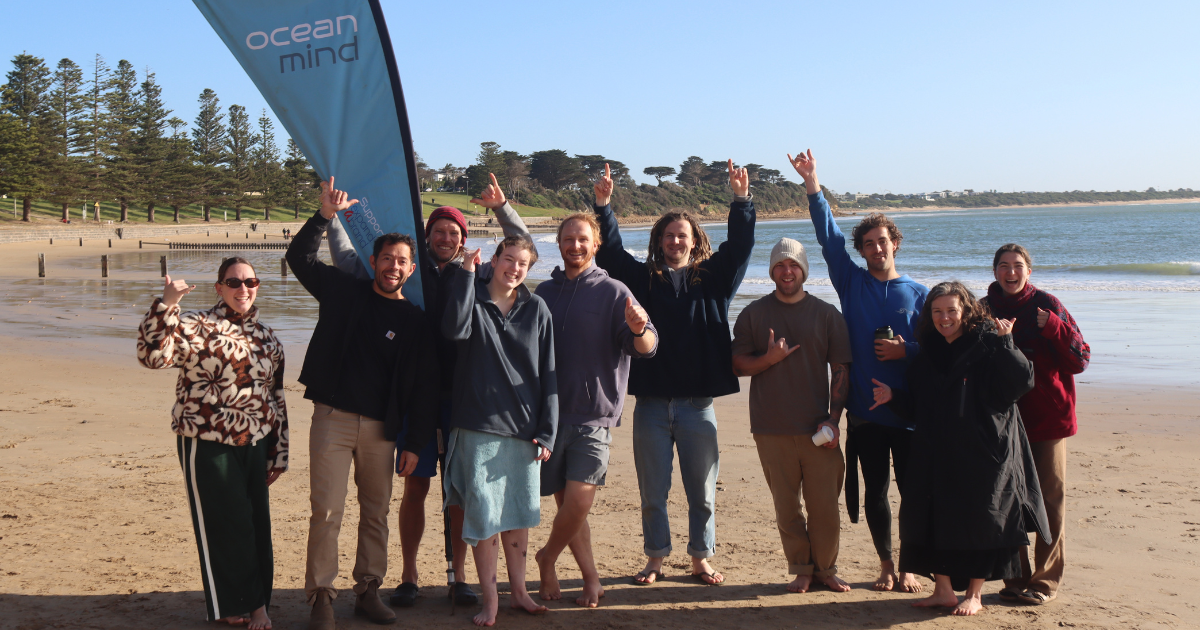Ross River cases in Greater Geelong and Surf Coast regions

Three cases of Ross River virus have been reported by the DHHS in the Greater Geelong region. Photo: SUPPLIED.
ACTIVE cases of Ross River virus have been confirmed in the Greater Geelong and Surf Coast regions following ideal breeding conditions for mosquitos.
A spokesperson from the Department of Health and Human Services confirmed two cases of the virus in Greater Geelong and one case in the Surf Coast Shire.
Confirmation comes after reports of an increase in the number of mosquitoes in the region.
The cases were reported to the DHHS last week however a spokesperson said these numbers naturally fluctuate in coastal areas depending on rainfall and tides.
Ross River is the most common mosquito-borne disease that impacts humans, with the state’s last major outbreak in 2017.
During this time Victoria reported more than 850 infections of the virus in the month between January and February, with Anglesea being identified as a hotspot.
The virus is not transmittable from person-to-person but can have long-term effects on those infected.
For most people symptoms will ease within six weeks but for some the fatigue and rheumatic symptoms can be persistent for up to a year.
Department of Infectious Diseases director, Professor Eugene Athan, said rainfall and warm weather often caused a surge in the mosquito population.
“All parts of Victoria where there are mosquitoes may carry a risk for Ross River virus infection, although the risk is greater in rural and regional Victoria,” he said.
The most common symptoms include joint pain and muscle stiffness, however there is a range of symptoms that can vary in severity, including: fever, chills, muscle aches, joint pain, swelling and stiffness, rash, fatigue, aching tendons, swollen lymph nodes, and headaches.
It is estimated about three out of four people will develop symptoms which will appear within three to 21 days post infection.
The Surf Coast Shire is currently working in partnership with The City of Greater Geelong to monitor and treat the mosquito breeding grounds around Torquay North and Breamlea.
It is recommended that people continue to protect themselves directly against mosquitos to avoid infection.
“People should limit outdoor activity if lots of mosquitoes are about, wear light-coloured, loose fitting clothes, and use effective mosquito repellents containing DEET or picaridin,” Prof Athan said.
“If anyone has symptoms or concerns, they should contact their GP for a blood test.”

















